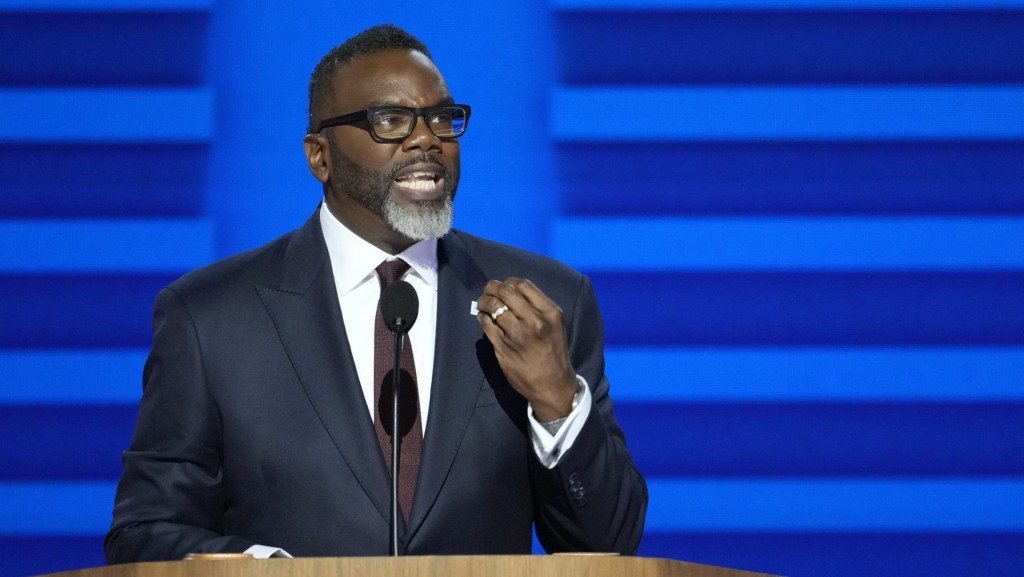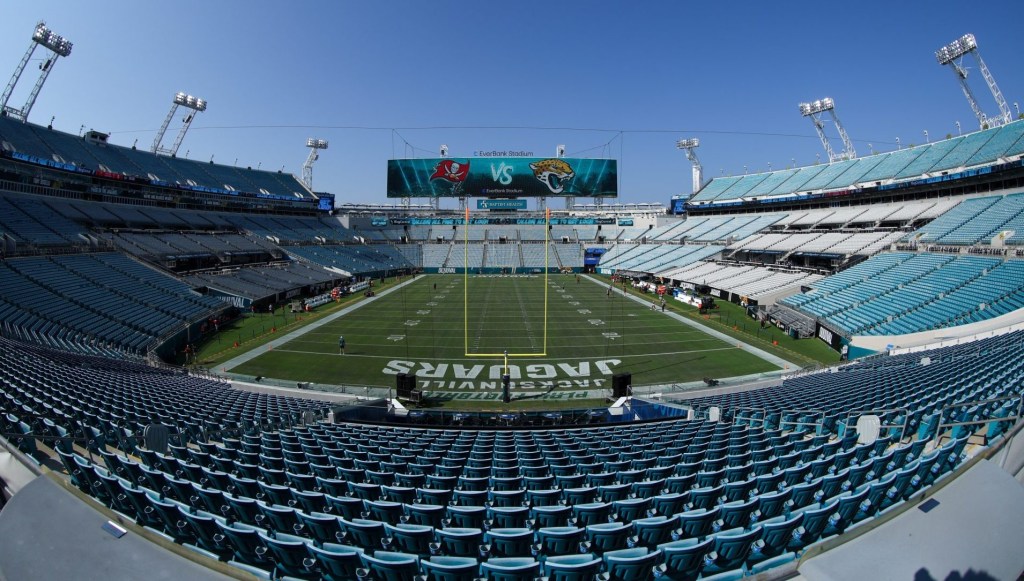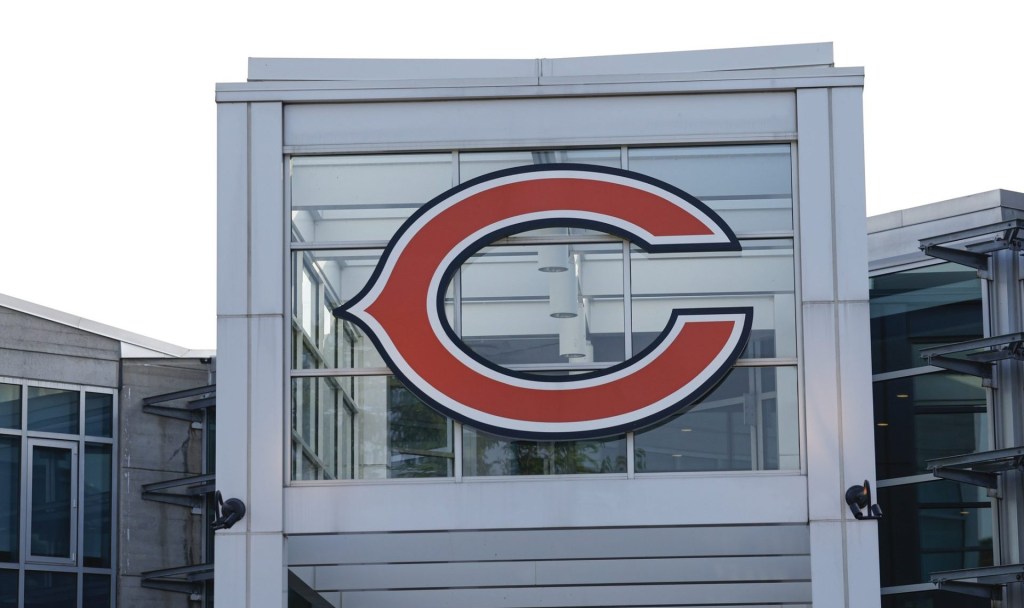After more than two years of uncertainty, multiple setbacks, and detours, the twin stadium sagas of the NFL’s Chiefs and MLB’s Royals could soon reach an endgame.
Missouri Gov. Mike Kehoe has called a special session of the state legislature beginning June 2 to review a bill that would allow the teams to bond up to the annual amount they generate in state tax revenue over 30 years, in turn funding up to half of new or upgraded stadiums. Local governments would also be required to participate in the stadium efforts beyond this state-level bill.
“If Missouri does not put some sort of offer forward, I think the risk is real that they don’t stay here,” Kehoe said.
The move arrives as neighboring Kansas has already conveyed its interest in bringing one or both teams over the border. There are plenty of delicate politics involved, however, as Jackson County, Mo., voters soundly rejected stadium funding last year for the teams through a sales-tax initiative, and again, there is reticence among some state legislators about supporting private sports teams. That sentiment also exists against a backdrop of recent and severe tornado damage in the St. Louis area.
“I love the Kansas City Chiefs. I’m obnoxious during football season,” state Rep. Darin Chappell, a Republican from Rogersville, said in a recent interview with KSGF-FM. “But I’ve got constituents trying to pay their rent and feed themselves, and they’re struggling. And I’m going to take their money and give it to billionaires so multimillionaires can play in a prettier place? That’s obscene.”
The special legislative session will also include consideration of disaster relief funding in the state.
“If they move out of our state, the significant effect it’s going to have on our state’s economy is massive,” Kehoe said of the Chiefs and Royals. “This isn’t just about football and baseball. This is about economic development. These are two organizations that have businesses, employees, and a ripple effect on our state’s economy that we do not want to move.”
The special session, meanwhile, is also in keeping with the goal of Chiefs owner Clark Hunt for the team to decide its stadium future “by summer at the latest.” The teams’ current stadium leases expire in 2031. The Kansas bond program, signed last year and standing as a key part of that state’s pitch for the teams, expires June 30, further adding to the drama set to build in the coming weeks.
Larger Stakes
Both potential projects carry implications well beyond the Kansas City area. The Chiefs have become the NFL’s most-watched team, a status reinforced in the recently released 2025 NFL schedule, and have aspirations of remaining a dominant force across the league, both on and off the field. Being in a modern new venue, whether it be a new one or a substantially renovated Arrowhead Stadium, would help ensure that.
The Royals, meanwhile, have returned to competitive prominence after a marked lull following the club’s 2015 World Series title. As economic imbalance in MLB continues to accelerate, the John Sherman–led franchise will undoubtedly need the enhanced revenues of a new ballpark to help keep up with the sport’s economic powers.
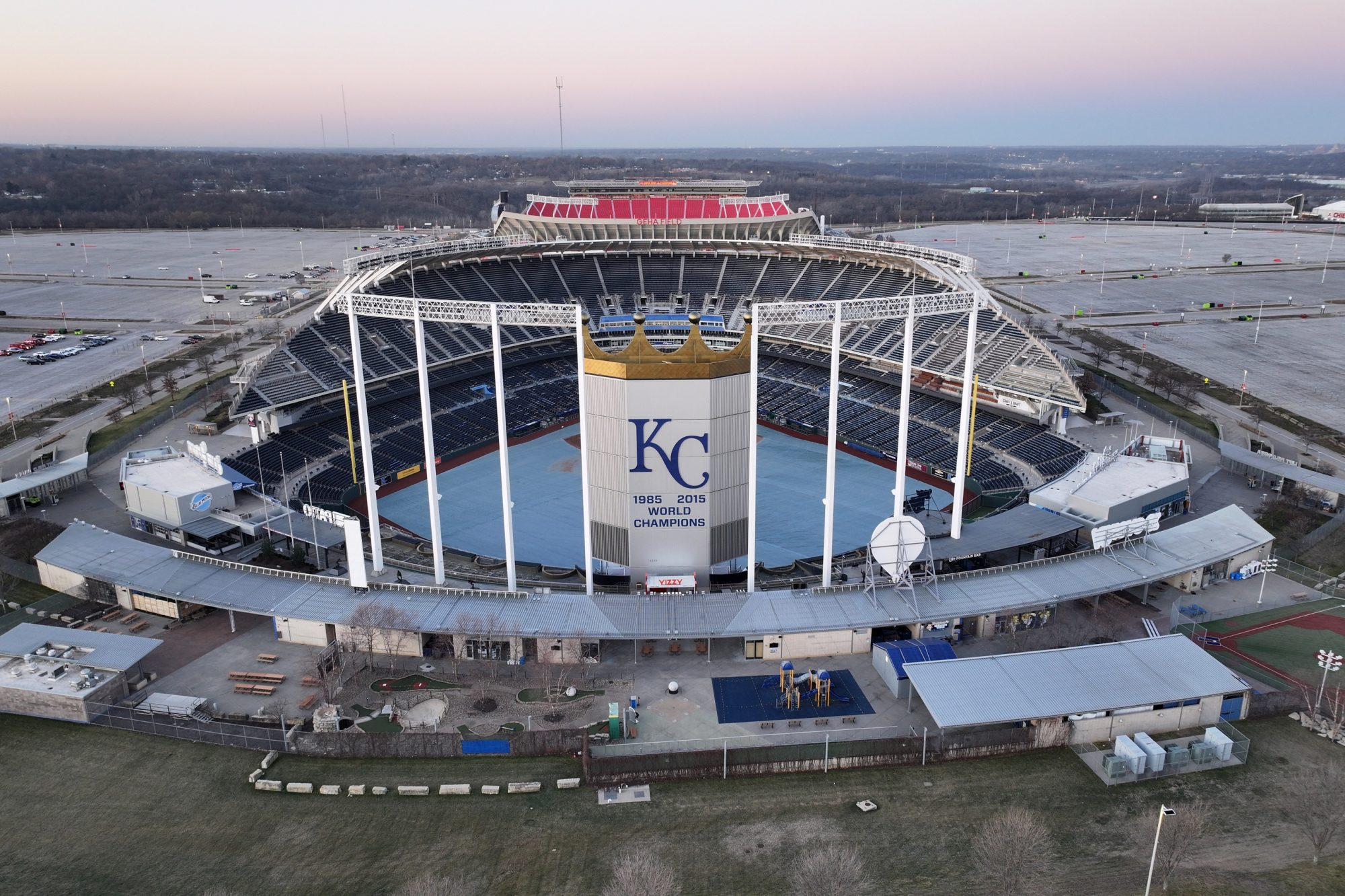

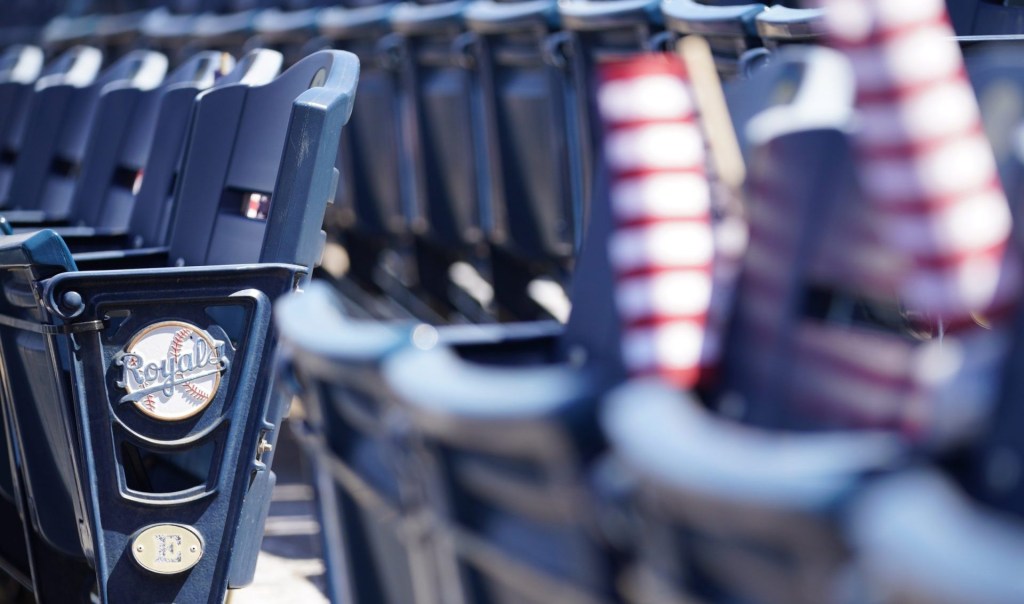
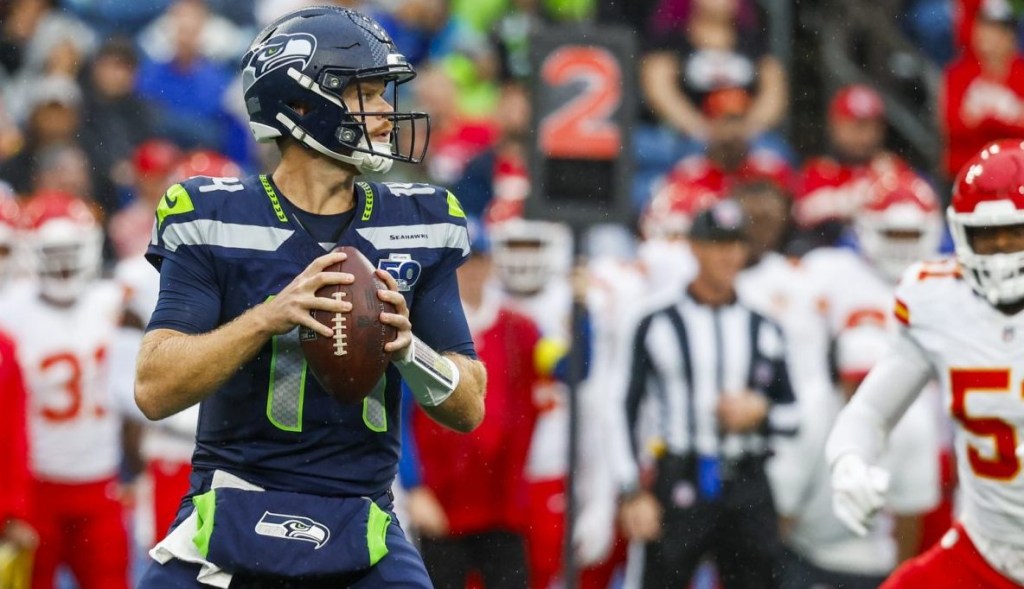
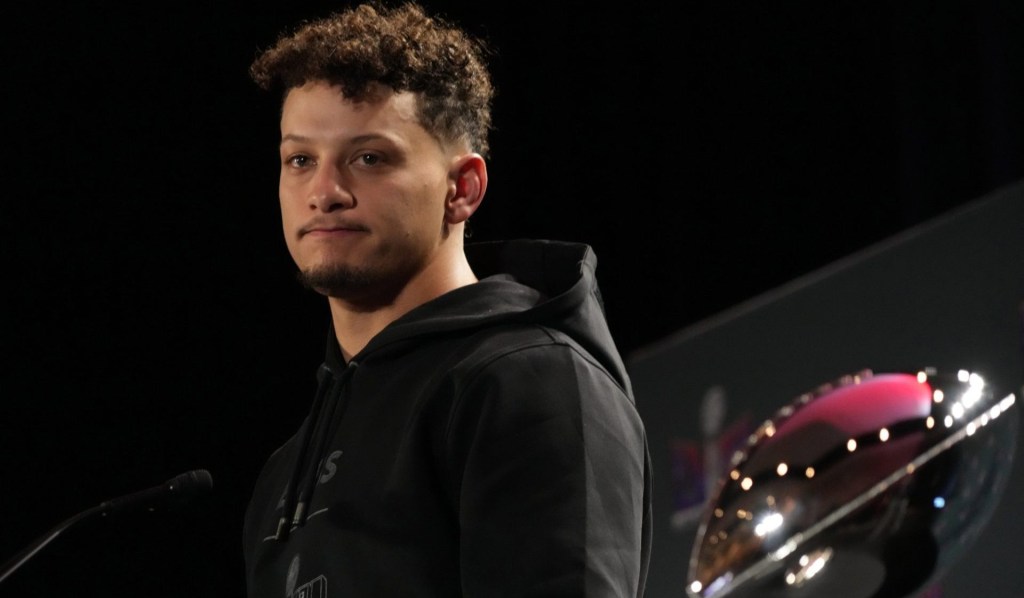


![[Subscription Customers Only] Jun 15, 2025; Seattle, Washington, USA; Botafogo owner John Textor inside the stadium before the match during a group stage match of the 2025 FIFA Club World Cup at Lumen Field.](https://frontofficesports.com/wp-content/uploads/2026/02/USATSI_26465842_168416386_lowres-scaled.jpg?quality=100&w=1024)
![[Subscription Customers Only] Jul 13, 2025; East Rutherford, New Jersey, USA; Chelsea FC midfielder Cole Palmer (10) celebrates winning the final of the 2025 FIFA Club World Cup at MetLife Stadium](https://frontofficesports.com/wp-content/uploads/2026/02/USATSI_26636703-scaled-e1770932227605.jpg?quality=100&w=1024)
